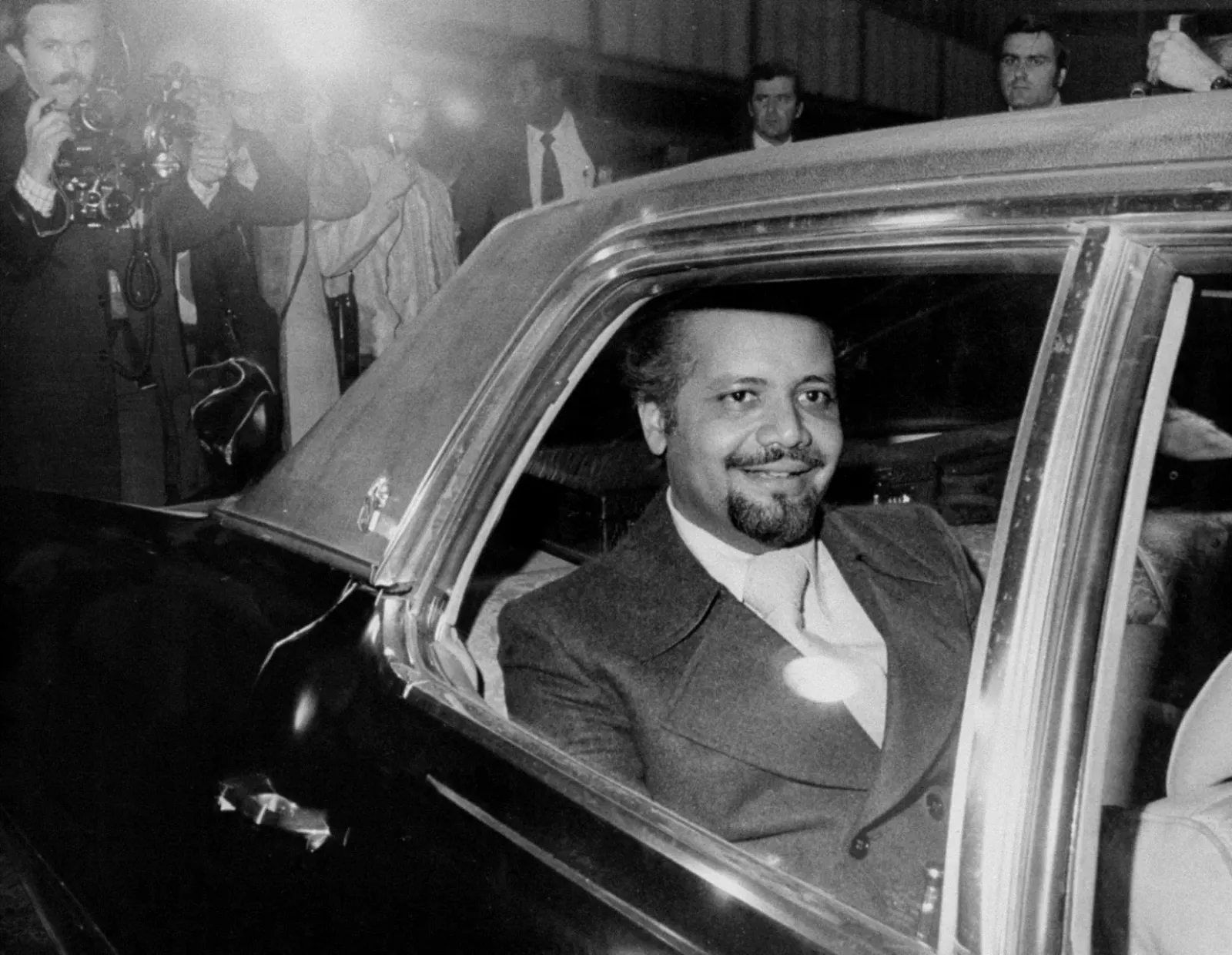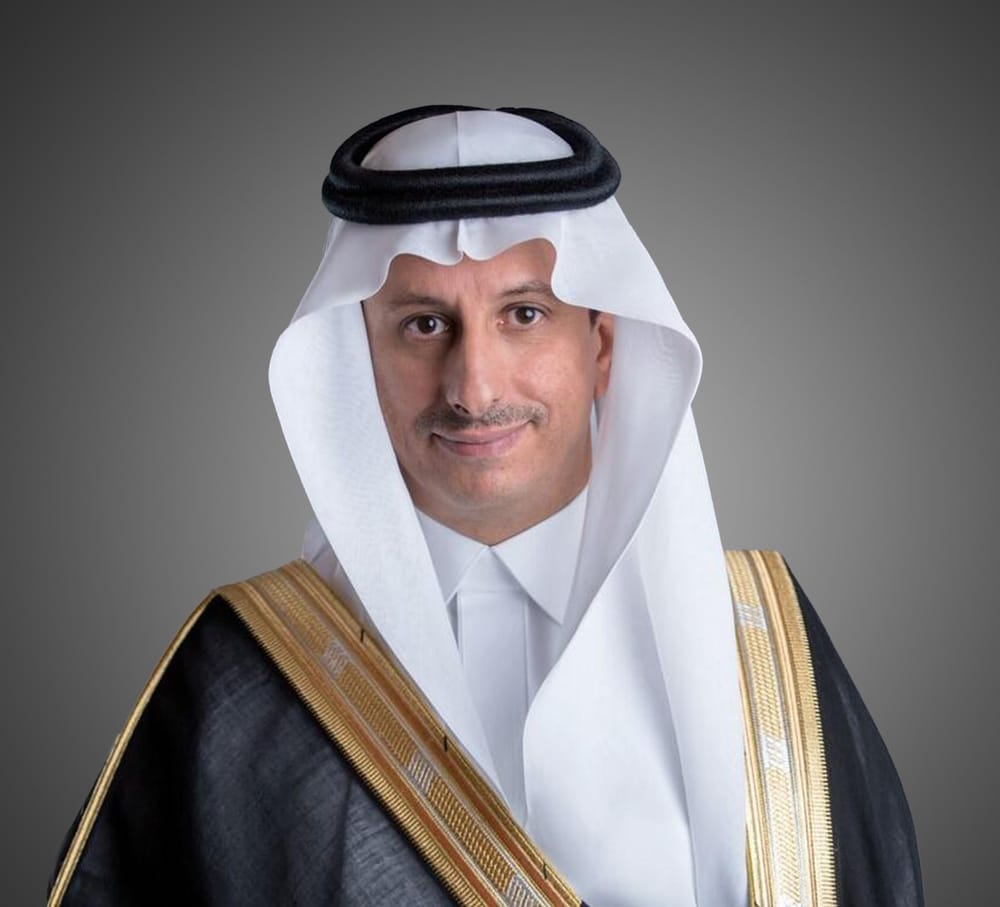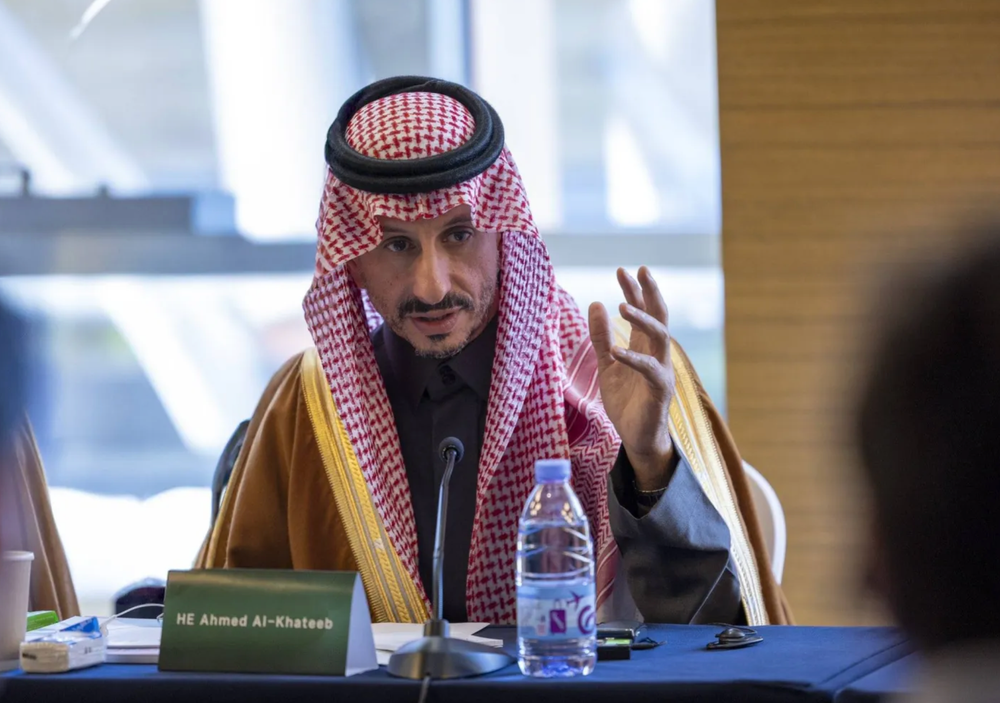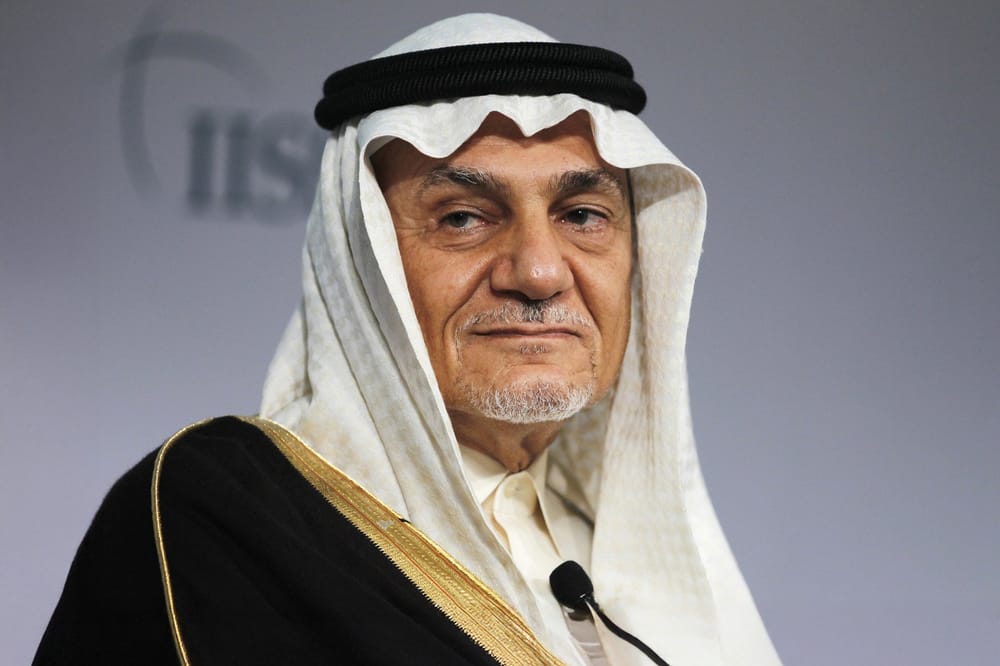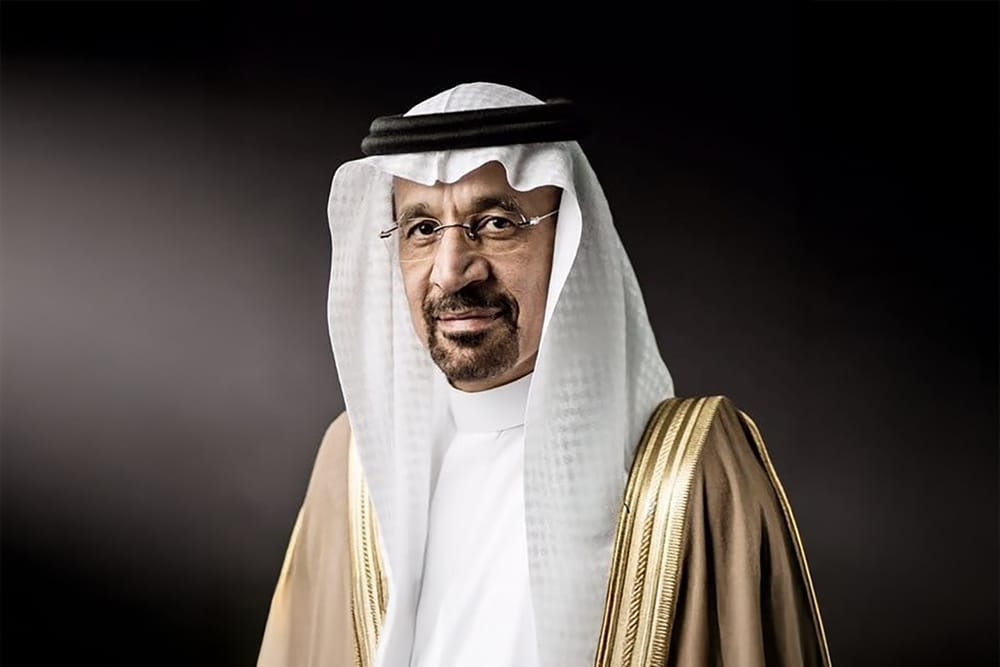How the Saudi Oil Minister’s timeless leadership principles still guide us today
In 1990, standing before a distinguished audience at Georgetown University, Ahmed Zaki Yamani, Saudi Arabia’s legendary Minister of Oil and Mineral Resources, delivered more than a lecture on energy markets.
He delivered a masterclass in leadership.
Yamani shaped global energy policy for decades. Yet what made him remarkable was not simply his technical mastery, but his vision: his ability to think in systems, navigate diplomacy, and lead with wisdom in uncertain times.
At a moment when today’s leaders face complexity in every domain — from markets to geopolitics to technology — Yamani’s leadership principles remain strikingly relevant.
Here is what modern leaders can learn from one of Saudi Arabia’s most influential ministers.
1. Lead with Facts, Not Fear
Yamani began his Georgetown address with a clear call:
"Let us get rid of these emotions — I mean the political emotions — and try to examine the facts."
Great leaders clear the room of fear and bias. They create space for calm, clear thinking.
At a time when energy markets were volatile and U.S.–Arab relations were tense, Yamani modeled this principle: facts first, politics second.
Modern takeaway: In any domain — corporate, public, or geopolitical — clarity begins when leaders prioritize truth over tribalism.
2. Think in Systems, Act for the Long Term
Throughout his address, Yamani outlined scenarios spanning the next 10 to 20 years:
- U.S. oil demand trajectories
- Global production constraints
- The geopolitical consequences of rising interdependence
- The environmental impacts shaping future markets
Most leaders think in fiscal years. Yamani thought in decades. He understood that oil markets, like all systems, evolve through complex interdependencies.
Modern takeaway: In a world of accelerating change, leaders must think beyond quarterly results. They must develop systems thinking — seeing the long arcs of cause and effect.
3. Engage Others in the Process
Yamani’s lecture was not one-directional. He laid out assumptions, invited critique, and welcomed deep questions.
"We then have to examine the geopolitical implications … together."
Rather than dictate conclusions, he invited a shared process of discovery.
Modern takeaway: The best leaders do not impose certainty. They cultivate collaborative intelligence — bringing others into the strategy-making process.
4. Prepare for Uncertainty, But Do Not Stand Still
Yamani openly acknowledged uncertainty:
- Exploration trends
- Soviet energy shifts
- Environmental policies
- Political risks in key regions
Yet he did not hesitate to act. He laid out flexible scenarios and advocated for proactive investment and diplomacy.
Modern takeaway: In complex environments, paralysis is a greater risk than uncertainty. The role of leadership is to chart a course forward — adaptive, but bold.
5. Frame Interdependence as Opportunity
Where many saw U.S. dependence on Gulf oil as a strategic liability, Yamani reframed it:
"Arabs need America as much as America needs them."
Rather than zero-sum competition, he articulated the potential for mutual benefit — for cooperation grounded in shared interests.
Modern takeaway: In business, diplomacy, and society, leaders who build mutual benefit foster the most resilient relationships.
6. Lead with Calm Authority and Intellectual Humility
Even when faced with sharp questions about oil pricing, environmental risks, and regional politics, Yamani remained calm, clear, and respectful.
"We are outsiders … They have their experts and economists, and they know better."
He knew what he knew — and where others had expertise. He led from a place of confident humility.
Modern takeaway: The strongest leaders speak with both conviction and respect. They do not bluff or bluster. They model calm intelligence.
7. Uphold Values, Stay in Dialogue
On difficult issues — such as the Arab-Israeli conflict — Yamani articulated his country’s position clearly and with dignity.
Importantly, he remained in dialogue. He did not shut down engagement, even on divisive topics.
Modern takeaway: Leadership in a divided world requires the courage to hold to one’s values — while remaining in respectful conversation across differences.
A Leadership Legacy That Endures
Yamani’s career shaped Saudi Arabia’s rise as a strategic global energy leader. But his deeper legacy is one of leadership: a model for navigating complexity, uncertainty, and interdependence with wisdom and vision.
Today’s leaders — whether in government, business, or civil society — face challenges as complex as any in Yamani’s time.
From his example, they can draw timeless lessons:
- Lead with facts
- Think in systems and for the long term
- Engage others in shaping strategy
- Act with courage, even amid uncertainty
- Frame interdependence as opportunity
- Model calm, humble authority
- Uphold values while remaining open to dialogue
In an era of noise and polarization, this kind of leadership is rare.
And it is needed more than ever.


